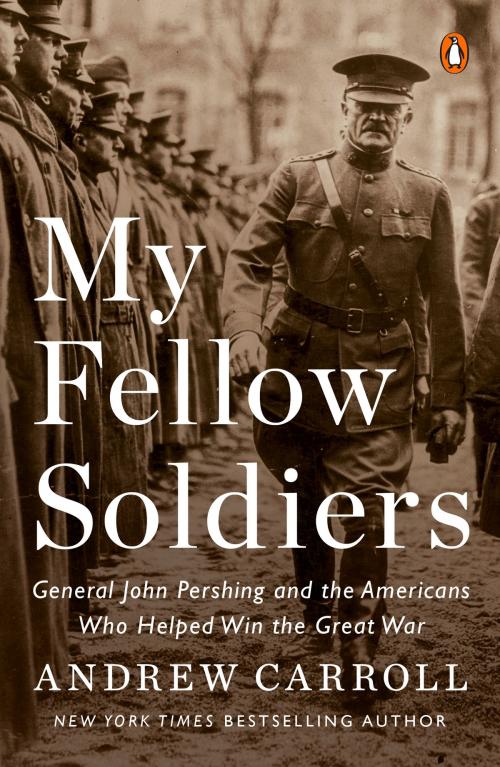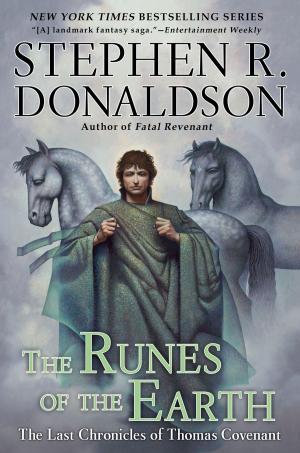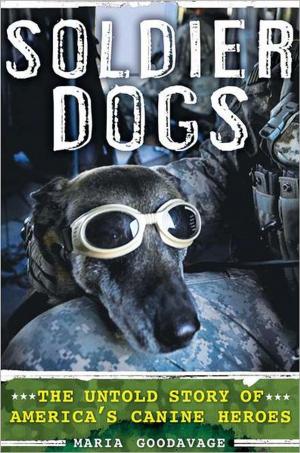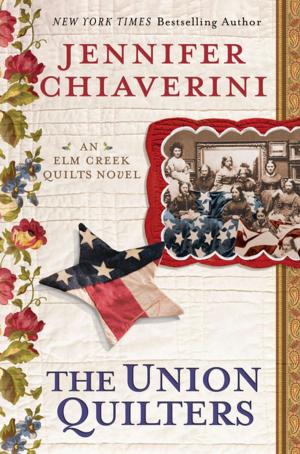My Fellow Soldiers
General John Pershing and the Americans Who Helped Win the Great War
Nonfiction, History, Military, World War I, Americas, United States, 20th Century, Biography & Memoir, Historical| Author: | Andrew Carroll | ISBN: | 9780698192669 |
| Publisher: | Penguin Publishing Group | Publication: | April 4, 2017 |
| Imprint: | Penguin Books | Language: | English |
| Author: | Andrew Carroll |
| ISBN: | 9780698192669 |
| Publisher: | Penguin Publishing Group |
| Publication: | April 4, 2017 |
| Imprint: | Penguin Books |
| Language: | English |
From the New York Times bestselling author of War Letters and Behind the Lines, Andrew Carroll’s My Fellow Soldiers draws on a rich trove of both little-known and newly uncovered letters and diaries to create a marvelously vivid and moving account of the American experience in World War I, with General John Pershing featured prominently in the foreground.
Andrew Carroll’s intimate portrait of General Pershing, who led all of the American troops in Europe during World War I, is a revelation. Given a military force that on the eve of its entry into the war was downright primitive compared to the European combatants, the general surmounted enormous obstacles to build an army and ultimately command millions of U.S. soldiers. But Pershing himself—often perceived as a harsh, humorless, and wooden leader—concealed inner agony from those around him: almost two years before the United States entered the war, Pershing suffered a personal tragedy so catastrophic that he almost went insane with grief and remained haunted by the loss for the rest of his life, as private and previously unpublished letters he wrote to family members now reveal. Before leaving for Europe, Pershing also had a passionate romance with George Patton’s sister, Anne. But once he was in France, Pershing fell madly in love with a young painter named Micheline Resco, whom he later married in secret.
Woven throughout Pershing’s story are the experiences of a remarkable group of American men and women, both the famous and unheralded, including Harry Truman, Douglas Macarthur, William “Wild Bill” Donovan, Teddy Roosevelt, and his youngest son Quentin. The chorus of these voices, which begins with the first Americans who enlisted in the French Foreign Legion 1914 as well as those who flew with the Lafayette Escadrille, make the high stakes of this epic American saga piercingly real and demonstrates the war’s profound impact on the individuals who served—during and in the years after the conflict—with extraordinary humanity and emotional force.
From the New York Times bestselling author of War Letters and Behind the Lines, Andrew Carroll’s My Fellow Soldiers draws on a rich trove of both little-known and newly uncovered letters and diaries to create a marvelously vivid and moving account of the American experience in World War I, with General John Pershing featured prominently in the foreground.
Andrew Carroll’s intimate portrait of General Pershing, who led all of the American troops in Europe during World War I, is a revelation. Given a military force that on the eve of its entry into the war was downright primitive compared to the European combatants, the general surmounted enormous obstacles to build an army and ultimately command millions of U.S. soldiers. But Pershing himself—often perceived as a harsh, humorless, and wooden leader—concealed inner agony from those around him: almost two years before the United States entered the war, Pershing suffered a personal tragedy so catastrophic that he almost went insane with grief and remained haunted by the loss for the rest of his life, as private and previously unpublished letters he wrote to family members now reveal. Before leaving for Europe, Pershing also had a passionate romance with George Patton’s sister, Anne. But once he was in France, Pershing fell madly in love with a young painter named Micheline Resco, whom he later married in secret.
Woven throughout Pershing’s story are the experiences of a remarkable group of American men and women, both the famous and unheralded, including Harry Truman, Douglas Macarthur, William “Wild Bill” Donovan, Teddy Roosevelt, and his youngest son Quentin. The chorus of these voices, which begins with the first Americans who enlisted in the French Foreign Legion 1914 as well as those who flew with the Lafayette Escadrille, make the high stakes of this epic American saga piercingly real and demonstrates the war’s profound impact on the individuals who served—during and in the years after the conflict—with extraordinary humanity and emotional force.















